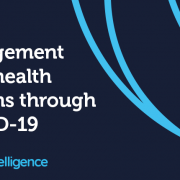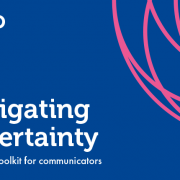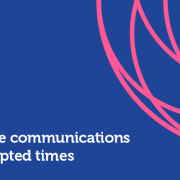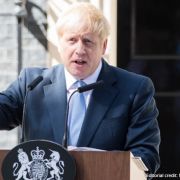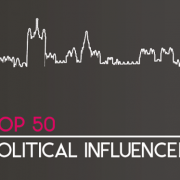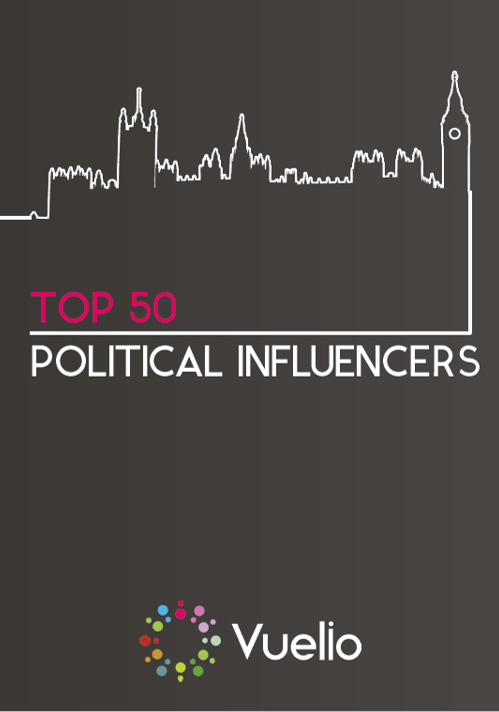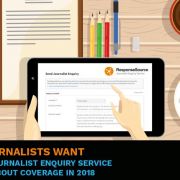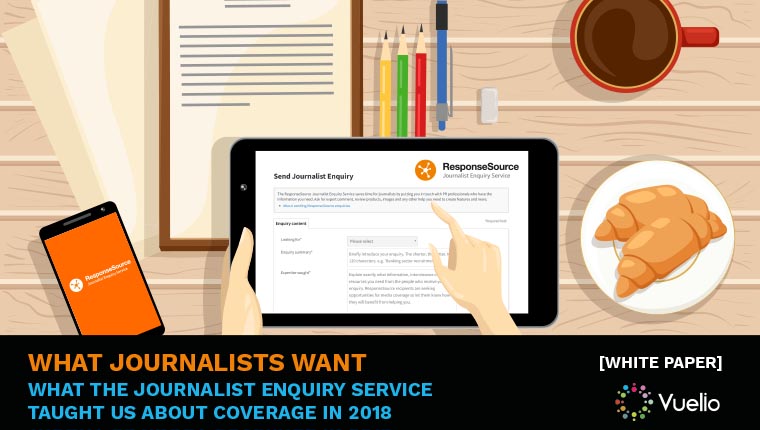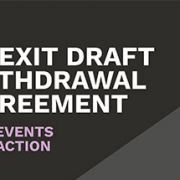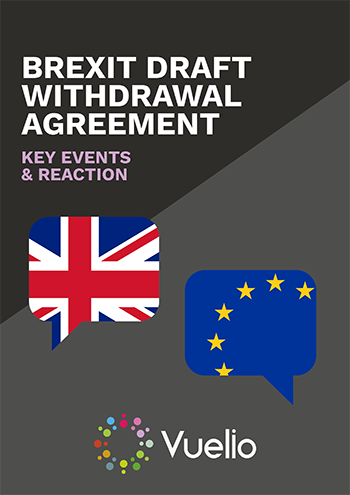Vuelio launches Political Reports
Vuelio has launched Political Reports, a new tool for public affairs and communications practitioners to analyse the increasingly complex political landscape by delivering stakeholder insight across a range of channels, from Twitter to Parliament itself.
Political Reports was developed in 2020 to meet the changing political landscape and needs of Vuelio’s clients. Here, the head of political services and a senior product manager walk us through the innovation journey and explain why these reports will be a gamechanger for public affairs and communications in 2021.
Kelly Scott, head of political services
Political discourse has been unquestionably growing as the rise of social channels and the digitisation of Parliament and Government have offered groups, organisations and individuals an opportunity to engage and inform policymakers without the barriers that previously hindered access.
This is widely considered to be a positive because the more policymaking is informed with evidence and data from a broad range of stakeholders, the more it should meet the needs of the public.
However, the by-product of an open and digitalised structure is that it is increasingly time intensive to track issues of interest, not just because there is a bursting legislative agenda, but also because key political actors debate issues across channels, from the floor of Parliament to the Twittersphere. Following the conversation and knowing where to engage, myth bust and campaign is no longer a simple and economical task for communicators.
In 2020, this challenge hit a tipping point for Vuelio’s Political Services clients. With a new Government agenda following the General Election, Brexit and the pace of policy change caused by the pandemic, staying on the front foot and ensuring the issues, organisations or people you represent are recognised was becoming an overwhelming and at times impossible task.
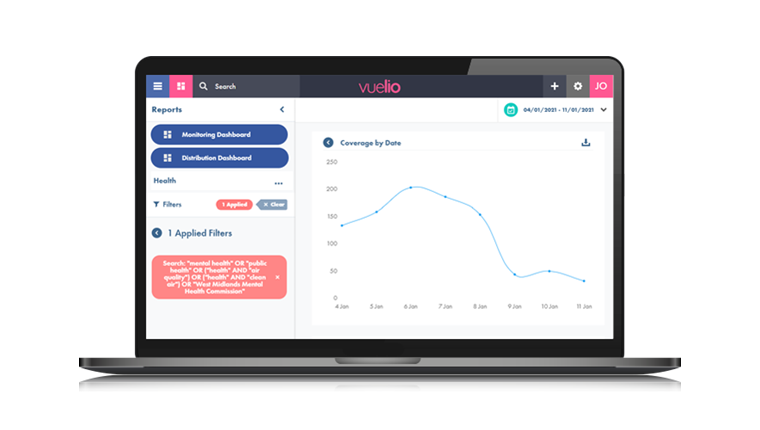
Through structured discussion, we identified the problem was that the workflow for analysing the whole environment was highly manual. Communicators use their own specialised expertise to identify the right stakeholders to engage with, check the temperature of the landscape or analyse momentum. The heavy lifting they had to do to get to this point was extensive, as was the time spent on interpretation to share with internal decisionmakers.
We shared this problem and key data on the external political environment in which our clients operate with the Vuelio product team, challenging them to develop a technology-based innovation that could improve the current workflow. It needed to be easy to use, not restrictive in how it could be applied to the complex political environment, and it had to acknowledge the fast-paced and unpredictable nature of politics and the different objectives our clients have when looking at issues or specific political stakeholders.
Chris Axe, senior product manager
When assessing the market of available tools for analysing political activity it was clear there was a real lack of options when it came to easily visualising the key trends and patterns in this information. Given the ever-increasing digitisation of political content and the number of sources available, it is vital that any political analysis tool has these capabilities to meet the evolving needs of the sector.
Given our position as a leader in the world of PR analytics, we were well placed to construct the best ways to surface this information. By working directly with our clients in the political sector and assessing the ways that they used our political monitoring functions, we established the most important data elements that we would need to focus on.
Additionally, it was clear from feedback that we needed to make it as easy as possible to dynamically change the sets of data under interrogation for maximum flexibility. We shared an initial set of visualisation tools with our clients for feedback and enhancement prior to launch.
We’re now pleased to make this solution available to all of our political services clients, both new and existing. It includes a selection of charts that allow you to see the published activity and contributions of individual stakeholders or institutions in near real time. We allow you to export this data in multiple formats, segment it with a variety of filters and choose whether you want to drill into the detail or look at high level trends.
We will continue to develop our offering and work alongside the sector to solve new challenges as the external environment evolves.
Do you need Political Reports? Save hours of time, expand your stakeholder map and track the issues that matter to you – book a demo.

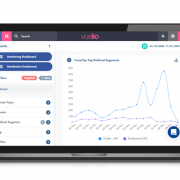

 This is a guest post from Charlotte King, fellowships and communications coordinator at the
This is a guest post from Charlotte King, fellowships and communications coordinator at the 